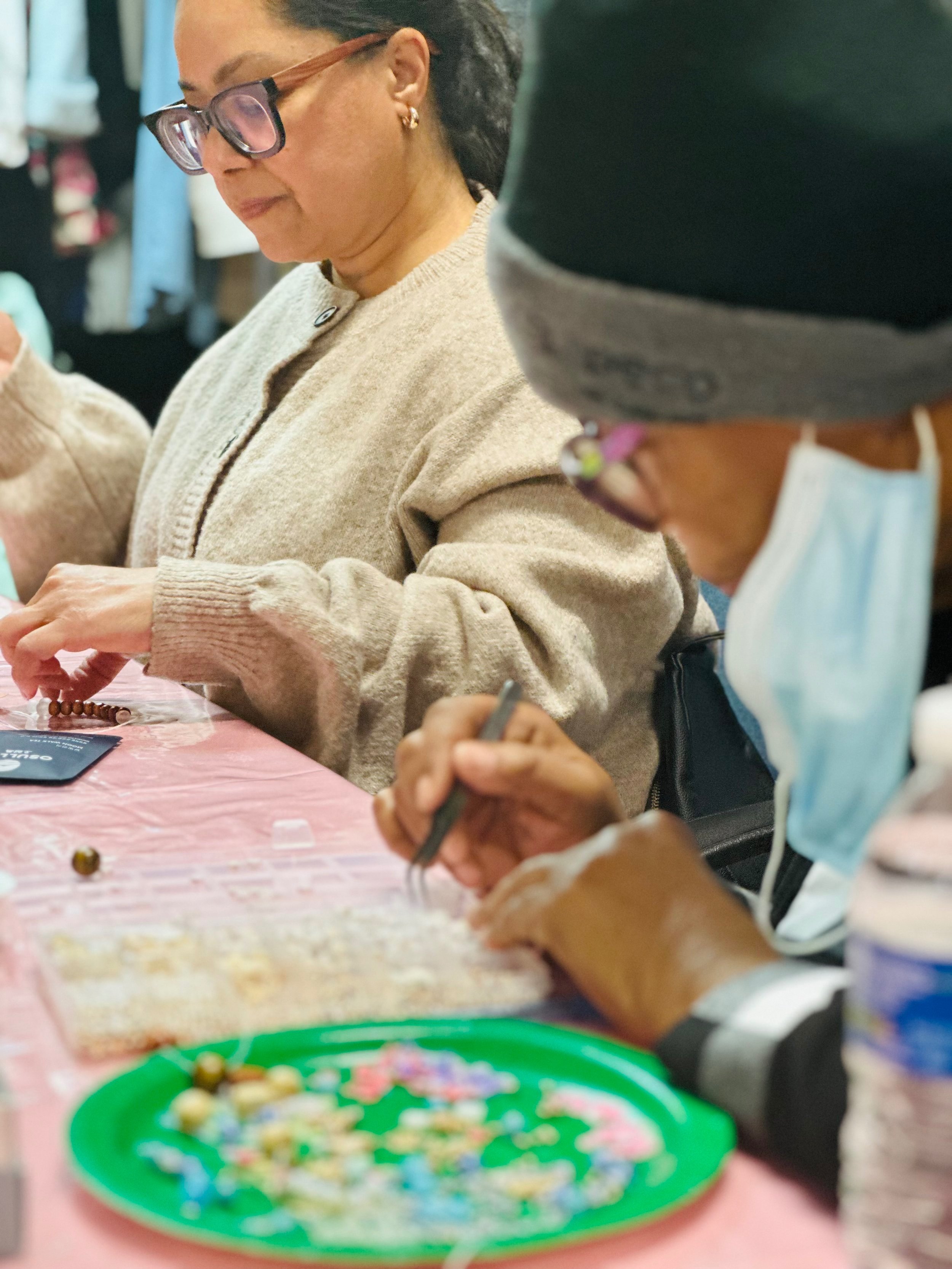WON Research Lab
Advancing Wisdom, Practice, and Global Engagement
With our Ann’s Choice Community!
Meditation & Mind Practice Activities at Ann’s Choice
Participants engage in guided meditation and mindful exercises designed to promote relaxation, mental clarity, and overall well-being. The session fosters a sense of peace, connection, and holistic wellness for residents.
Making Peace Bracelets at the Women Veterans Center
Our 2025 Initiatives
Our contribution related to UN Sustainable Development Goals
In 2015, UN member states agreed to 17 global Sustainable Development Goals (SDGs) to end poverty, protect the planet and ensure prosperity for all. This organization’s work contributes towards the following SDG:
The WON Research Lab + Won Institute of Graduate Studies
The WON Research Lab (Learning, Action, and Bridge-building) is the research center initiative of the Won Institute of Graduate Studies, dedicated to advancing scholarly inquiry, practical engagement, and collaboration through the lens of Won Buddhist principles.


















